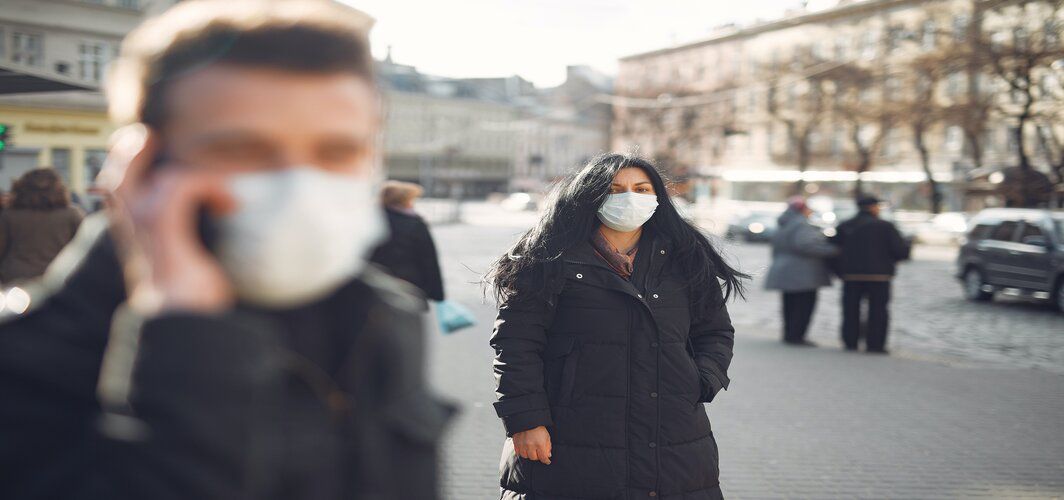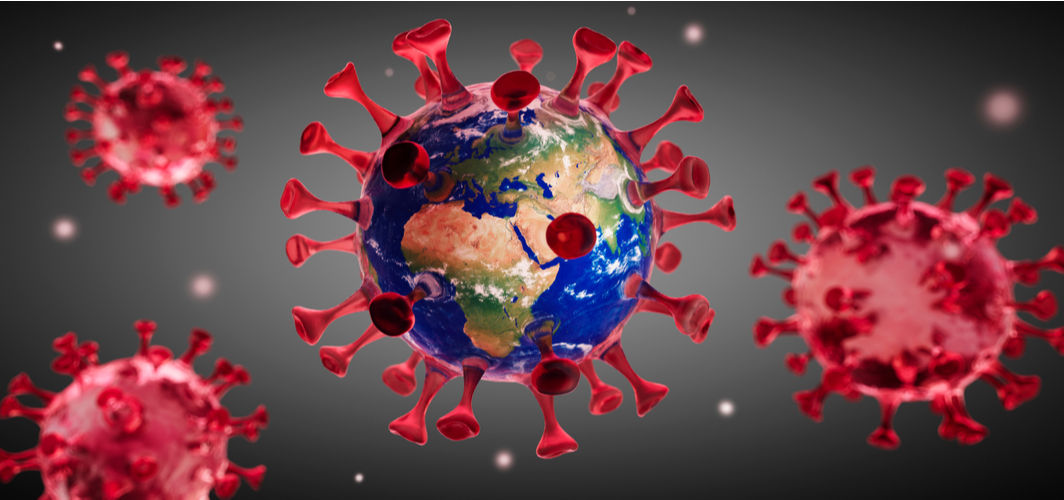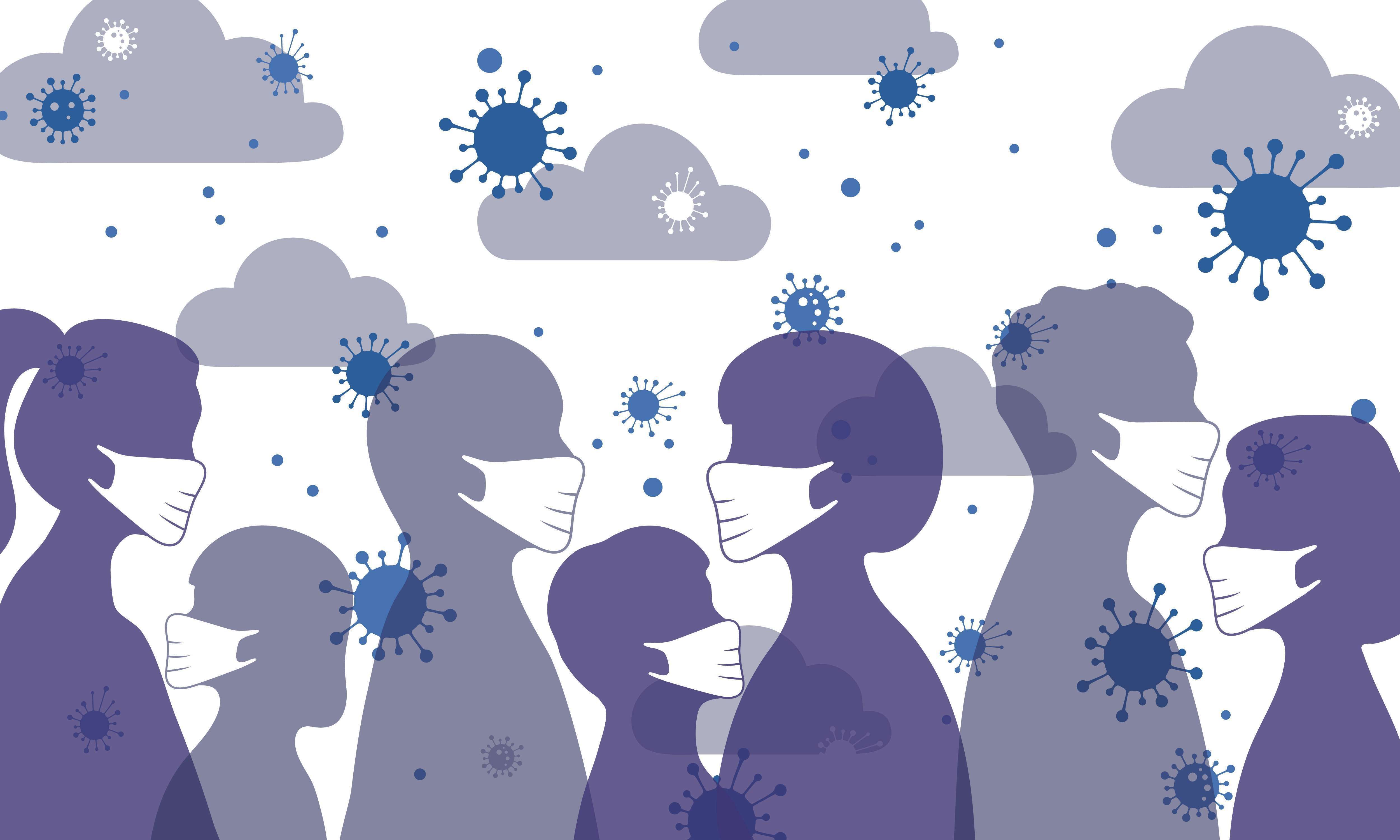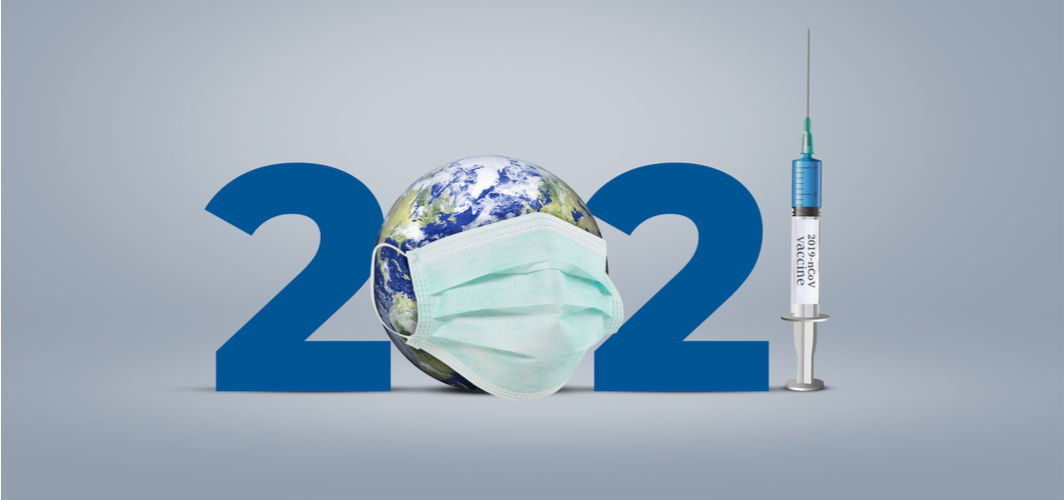Coronavirus Updates
How to Improve Mental Health During COVID-19
7 min read
By Apollo 24/7, Published on - 14 September 2020, Updated on - 22 November 2022
Share this article
2
20 likes

Which groups are at high risk for developing stress and anxiety?
What does the data tell us about COVID-19 and mental health?
What are the long-term effects of stress?
- Constant worrying about health, losing employment, and financial crisis
- Sleep disturbances or lack of sleep
- Imbalance in appetite patterns
- Increased consumption of alcoholic beverages and tobacco products
- Worsening of pre-existing underlying chronic conditions like asthma, diabetes, high blood pressure, etc.
Six ways to improve mental health during COVID-19
- Focus on facts and not rumors: Social networks, news channels, and messaging apps have all become powerful communication media generating and transmitting important updates. However, they can also be big contributors to misinformation, propaganda, and false news. It is important to step away from continuous coverage and constant negativity, which can increase stress and anxiety levels. People should consume news only from authentic and reliable sources. Additionally, try to read or watch positive stories from time to time that can lift one’s mood and spread positivity.
- Maintain a healthy routine: Several companies have implemented a remote working model, which has led to an imbalance between work and personal life. Hence, it is important to adhere to a healthy routine by setting up an ergonomic work-station at home. Here are some other tips which can help to strike a balance between work and personal life.
- Try to work on a table and chair instead of sitting on the couch or bed, for the right body posture. Sitting for too long can slow metabolism; a few minutes of standing, light walking, or stretching is advisable.
- Scientific evidence suggests that getting 7-9 hours of sound sleep (in adults) can improve mood, learning, memory as well as keep the heart healthy and build higher immunity.
- Stick to a regular meal plan and drink plenty of water to keep the body energetic and hydrated. Try to cut the amount of sugar and salt in your diet, choose low-fat food, and eat plenty of fruits and vegetables.
- Exercise regularly to keep the heart healthy, increase blood circulation, and improve oxygen level in the body.
- Quit smoking and cut down on alcoholic beverages, which can minimize the risk of developing serious illness if infected with COVID-19.
- Stay emotionally connected: Humans are social beings who crave social interactions and connections, often drawing comfort from physical actions like holding hands and exchanging hugs. COVID-19 has upended this aspect completely and replaced it with social distancing. While physical distancing of at least 6 feet is required between two people to check the spread of Coronavirus infection, there can still be emotional proximity by regularly having telephonic or video calls with our loved ones. Sharing positive thoughts and inspiring ideas can boost the emotional strength of an individual. However, persistent discussions on negative news about COVID-19 and the uncertain future should be avoided which might increase unnecessary stress and anxiety.
- Practice mindfulness techniques: Individuals who have lost jobs and have experienced the financial impact of the COVID-19 pandemic may find it difficult to find mental peace and hope. Besides economic issues, one may find it difficult to concentrate on other aspects of life, including family or children. One way of coping with such stress is to practice meditation, yoga, or other mindfulness activities, and shift attention away from ruminating about the future. It is important to understand that things take time to happen, and your current situation does not determine your future. Try to find moments of peace by practicing these calming techniques and make long and short-term goals so you can look forward to the future.
- Adopt new hobbies and learn skills: Starting on a hobby, learning new subjects or picking up a skill are all psychologically stimulating activities and replaces boredom with deep engagement. There are many online short-term courses available on the internet which one can enroll into. People across the globe have also gone back to old hobbies like cooking, gardening, knitting, photography, baking, painting and others. Additionally, to maintain physical fitness, fun activities like Aerobics and Zumba can be learned and practiced. All of these can go a long way to ease the stress and get our mind distracted from the constant negativity of the COVID-19 pandemic.
- Accept the realities of the pandemic: It has been more than six months since the COVID-19 pandemic started and most of us have adapted to the new norm. However, some people have denied accepting the realities of the situation. Psychologists term it as “Pandemic denial”, which is a type of rationalism behavior and defense mechanism where an individual tries to justify unacceptable behavior like debating the use of masks, violating physical distancing or attending large social gatherings. Such people need psychological counseling who can help to accept the realities and get used to the new ways of living, albeit temporary.
When should you seek help from a mental health professional?
When it comes to seeking medical help, the sooner the better. Like many other medical conditions, mental conditions can be treated in its early stages. Talk to a mental health professional if you are experiencing any of the following:
- Dramatic sleep and appetite changes (eating less or more than usual)
- Depressed emotions (excessive anger, sadness, crying, or suicidal feelings)
- Loss of interest in activities that you enjoyed before
- Feeling lost and disconnected from people
- Excessive nervousness and anxiety
- Problems in concentrating on work or daily activities.
Conclusion
Coronavirus Updates
Leave Comment
Recommended for you

Coronavirus Updates
Coronavirus airborne transmission: The latest update
The latest scientific brief released by the CDC states that airborne transmission of the Coronavirus is possible under certain circumstances.

Coronavirus Updates
COVID-19: Do We Know Enough or Is There More to Learn?
The COVID-19 pandemic has created an alarming amount of news and information. At the same time, a great deal has been learnt about COVID-19.

Coronavirus Updates
Does Coronavirus Spread Through the Air?
Early research suggests that Coronavirus can spread both through infected droplets as well as through contact.
Subscribe
Sign up for our free Health Library Daily Newsletter
Get doctor-approved health tips, news, and more.
Visual Stories

Covid-19 Updates: Are Things Getting Brighter?
Tap to continue exploring
Recommended for you

Coronavirus Updates
Coronavirus airborne transmission: The latest update
The latest scientific brief released by the CDC states that airborne transmission of the Coronavirus is possible under certain circumstances.

Coronavirus Updates
COVID-19: Do We Know Enough or Is There More to Learn?
The COVID-19 pandemic has created an alarming amount of news and information. At the same time, a great deal has been learnt about COVID-19.

Coronavirus Updates
Does Coronavirus Spread Through the Air?
Early research suggests that Coronavirus can spread both through infected droplets as well as through contact.